On a brisk December morning in 2012, Montana ranchers in cowboy hats walked alongside members of the Northern Cheyenne Tribe in traditional regalia through the streets of Seattle in search of a good breakfast. After eating, they headed to Seattle’s convention centre to square off against multinational companies aiming to move coal on trains through the Pacific Northwest to be loaded on ships bound for Asia.
Their partnership went the distance. Three years after that hearing, the proposed Washington coal terminal was dead. Those trains bearing Montana and Wyoming coal never rolled.
Opponents’ victory in that case was emblematic of how environmentalists, Indigenous Peoples, ranchers, politicians, doctors, fishermen and even windsurfers worked for a decade to fend off more than 20 proposals to ship fossil fuels across the Pacific Ocean, from near Prince Rupert, British Columbia clear south to San Luis Obispo, Calif.
While readers of The Tyee will be aware of ongoing resistance in B.C. against extracting and transporting fossil fuels, this is the story of how such efforts have for years crossed borders to connect with activism up and down the West Coast. The range of projects fought, from shipping coal and oil by train to pumping gas and oil through pipes, is a reminder of how sprawling and persistent the fossil fuel industry’s global export agenda is. And it demonstrates the power of grassroots organizing.
…click on the above link to read the rest of the article…


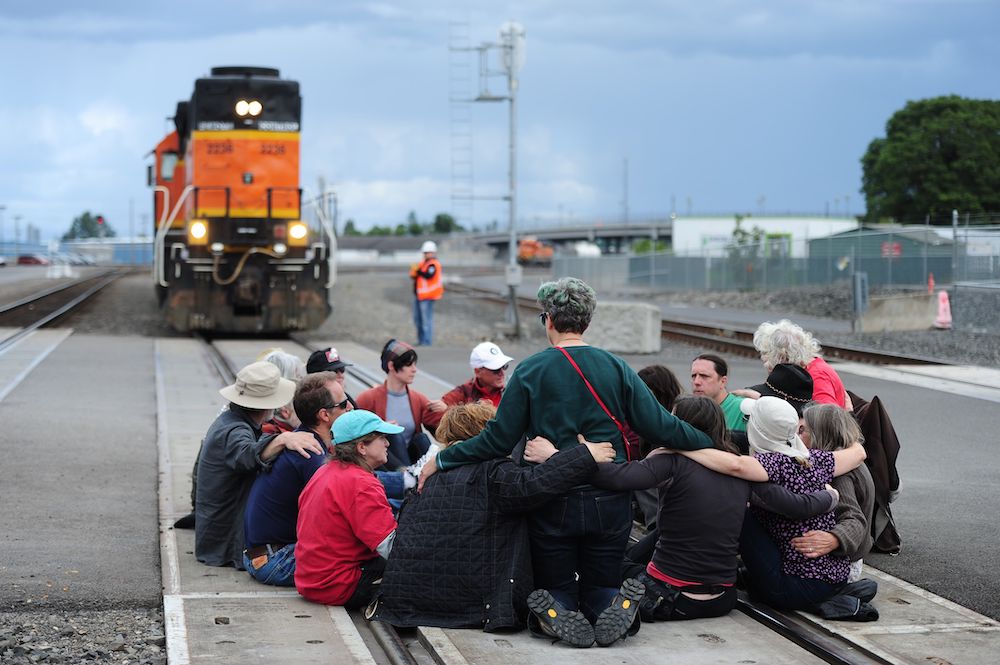
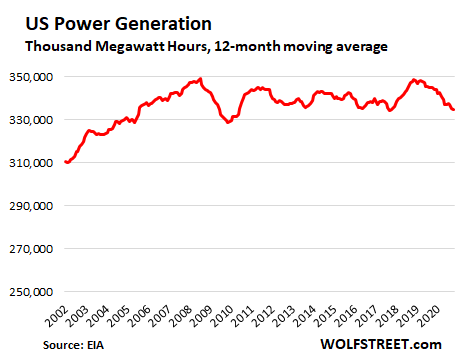
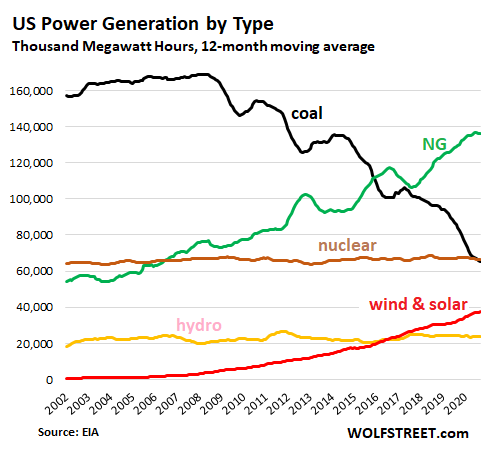
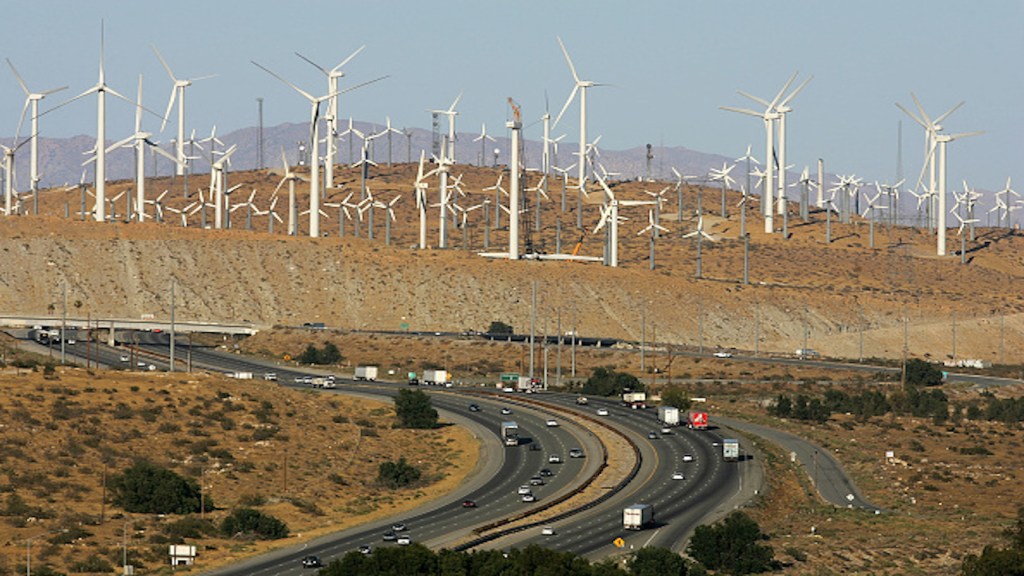
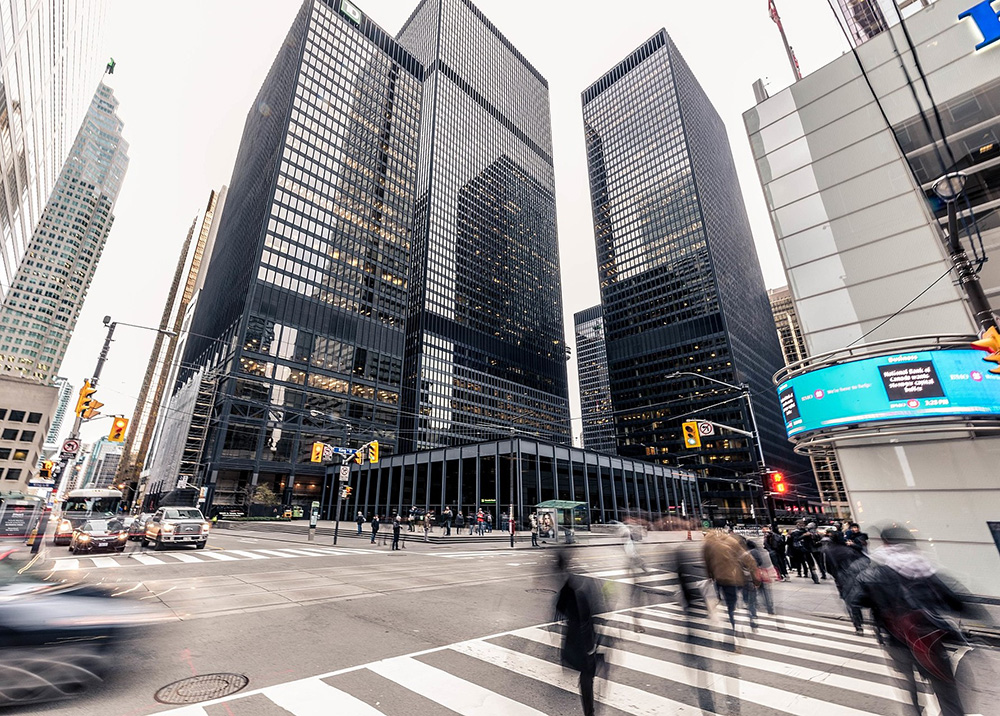

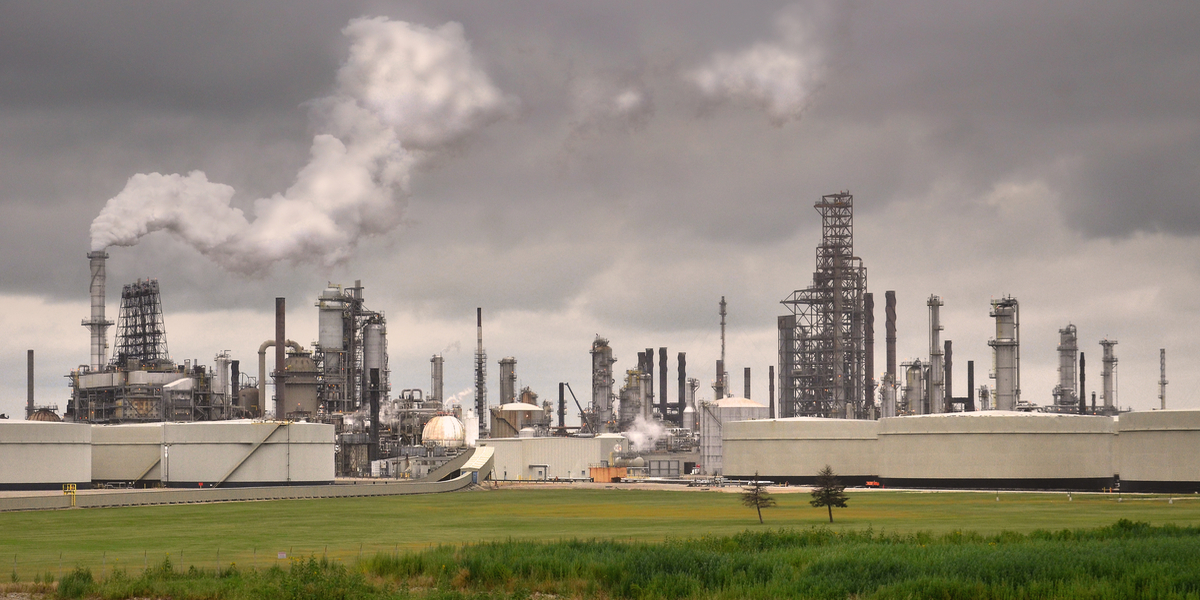 An operation of fossil fuel giant ExxonMobil near Chicago, USA [Richard Hurd, Flickr CC BY 2.0]
An operation of fossil fuel giant ExxonMobil near Chicago, USA [Richard Hurd, Flickr CC BY 2.0]





Today’s Contemplation: The Coming Collapse VIII
October 30, 2020
Today’s Contemplation: The Coming Collapse VIII
Once again, a comment I posted in response to an article on The Tyee.
Where to begin? I realise this article is primarily about a federal political party and its future but there are two underlying issues that are discussed that need far more exploration and understanding if we are going to be projecting where a particular party or even government will be down the road (let alone the entire world).
If we are going to be discussing energy and Peak Oil then there is SO much more to bring into the conversation. Yes, politics plays a role (as it always does) but the topic is vastly wider than sociopolitics. It encompasses virtually everything in our complex, globalised industrial world. Everything. From the way we create potable water, to how we feed ourselves, to how we build and heat our homes (I’ve purposely focused on the three items we NEED to live…everything else is icing but just as dependent on energy, especially fossil fuels).
First things first. There is NO substitute for fossil fuels. At least not one that can sustain our current world the way it is configured. No, alternatives to fossil fuels cannot do it. They are not ‘clean’ as the mining, refinement, and manufacturing processes for them are environmentally damaging. They have a low energy-return-on-energy-invested (EROEI) and provide little ‘bang for the buck’. They cannot fuel many important industrial processes such as steel and concrete production. They depend very much on continued exploitation of fossil fuel, both upstream and downstream. They are NOT a panacea.
We are stuck with fossil fuels, until and unless we are ready and willing to give up probably 90% or more of what we consider ‘modernity’.
…click on the above link to read the rest of the article…